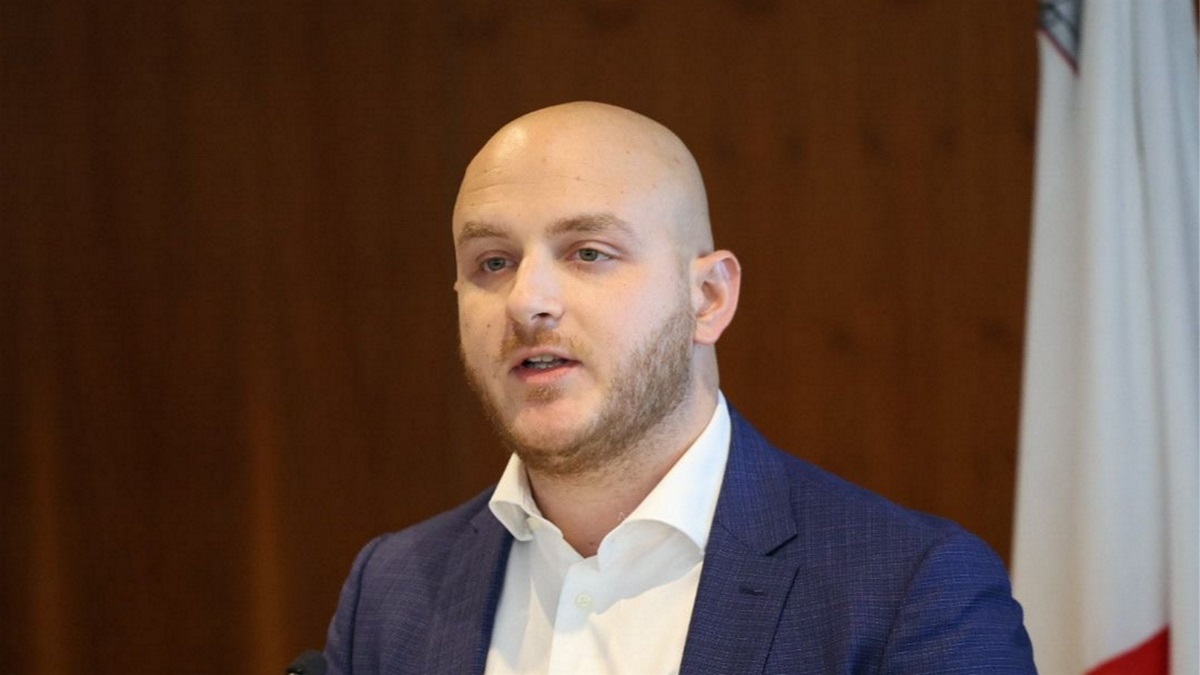In a landmark moment for the Maltese gaming sector, the Malta Gaming Authority has unveiled the Environmental, Social and Governance (ESG) Code of Good Practice for the Remote Gaming Sector.
This ESG Code aims to serve as a self-regulatory tool, helping remote gaming companies align with best practices and maintain a position that enables them to effectively meet the evolving expectations of key industry stakeholders.
This ESG code is voluntary, all MGA licensees are strongly encouraged to adopt it to better demonstrate their commitment to sustainability and to continue to improve the ESG position of the sector.
During a press conference, MGA CEO Carl Brincat said that a trend has emerged across industries towards greater transparency, disclosure, accountability and active engagement in addressing the pressing social and environmental issues of our time.
“The MGA has always sought to be at the forefront of regulatory innovation and progress. We have worked to not only oversee the gaming industry, but also grow it, to foster a space where operators can thrive, while ensuring that the well-being of society remains paramount. Our ESG code represents our commitment in this way,” Brincat said.
Silvio Schembri, the Minister of Economy stated that the objective of the press conference is to underline the importance for the remote gaming sector to voluntarily use the ESG tool which is increasingly shaping the business and investment landscape, as well as our approach to social and environmental challenges.
“All companies should adopt tools to reduce risk and transform successfully, and when it comes to remote gaming, one of the tools uses ESG metrics.
“The ESG Code will serve as a self-regulatory tool, helping remote gaming companies align with best practices and maintain a position that allows them to effectively meet the evolving expectations of key industry stakeholders,” said Minister Schembri.
The ESG Code, presented today, is the culmination of a process that involved four phases: the peer review and research phase, the materiality assessment, interviews with stakeholders and consultations with licensees. This extensive process resulted in a final code that is well-informed and reflects the industry's ESG priorities and stakeholder expectations.
Key features of the ESG code – a balanced approach
The Code identifies 19 ESG themes, derived from material valuation, organized into three categories: Environmental, Social and Governance, providing a strategic framework for remote gaming companies to effectively focus their reporting efforts.
- Two Levels of Reporting: The MGA will recognize companies' efforts with two levels of reporting, Level 1, a core ESG standard, and Level 2, a more aspirational level, to ensure sustainability efforts are focused and impactful.
- Flexible approach for some information: the main disclosures have been defined, while reporting entities will have the flexibility to choose optional disclosures;
- Simplified reporting: the Code includes several ESG information already required in existing reporting frameworks to streamline reporting and reduce administrative burdens; And
- Focus on ESG reporting: The emphasis is on ESG reporting, rather than setting specific ESG targets.
Industry consultation revealed a strong desire for formal recognition by the MGA. To meet this requirement, the MGA ESG Code Seal of Approval will be awarded to entities reporting under this Code, showing their commitment to ESG. Different seals will be awarded to entities that meet Tier 1 or Tier 2 reporting requirements.
The Code will be a stand-alone voluntary submission, separate from other ESG disclosures made by the reporting entity to the MGA or other bodies. Reporting will be confidential and the MGA will launch an online tool to facilitate the process. Furthermore, the ESG Code will align reporting periods with the financial year of reporting entities. The inaugural reporting year will begin in 2023, with the submission deadline set for the third quarter of 2024.
“The MGA's ESG Code of Practice is a crucial step in promoting the sustainability and responsibility of the remote gaming sector in Malta. This achievement represents a significant milestone in our journey and we are excited about the positive impact it will have on the gaming industry and our stakeholders.” (in the photo Carl Brincat)











